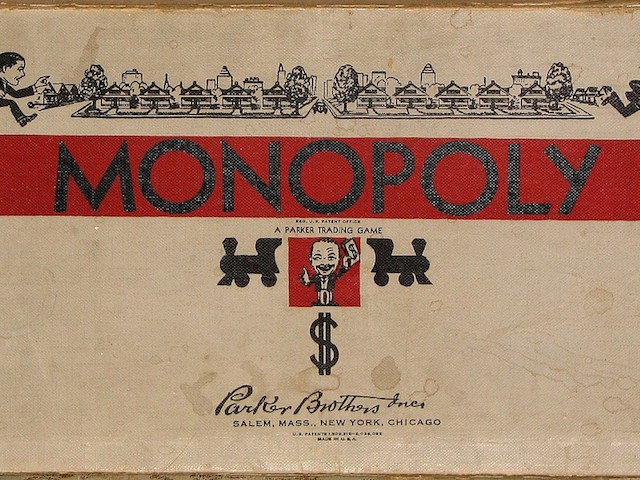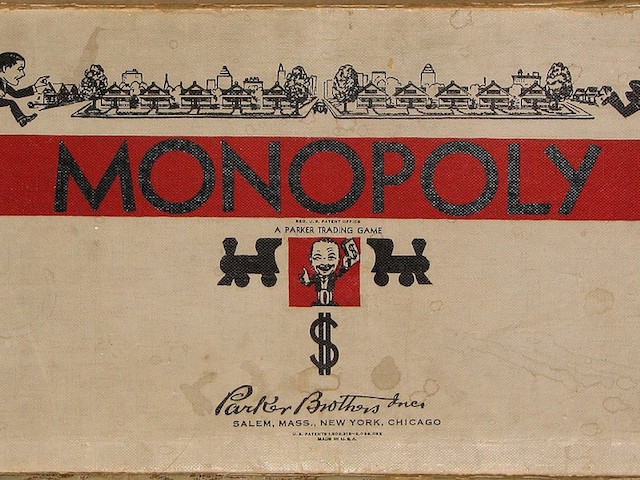Monopoly, a well-known board game was invented in the early 1900s. By the time of World War Two it had become a firm favorite. However it was to play a much larger role in the Allied war effort.
As London was in the middle of the Blitz and the Nazi concentration camps were in full operation, a British MI6 agent got in touch with Waddington’s―the maker of Monopoly―to see if the games maker could help the intelligence service smuggle documents and goods to prisoners of war held in occupied Europe.
Prisoners of war were allowed to receive a certain amount of letters and supplies, including games so that they had something to do while imprisoned. There was also a huge smuggling operation at play as well, however. The intelligence services were eager to get vital information to the Allied prisoners, such as maps and information for potential escape attempts.
The game of Monopoly’s board could be altered during manufacture to create a cavity underneath the top cover. Tests had been conducted by the intelligence service to do this themselves, but it was a tricky thing to get right.
The Monopoly boards had to have the top layer steamed off, then the documents or maps would be placed inside and the top layer had to be stuck back down. It was difficult to ensure the documents were not visible and the board’s top layer was smooth and looked untouched.
Getting Waddington’s, the game maker, to take part in this top secret mission and insert the documents inside during the production process was the answer to the intelligence service’s dilemma. Waddington’s was asked to create boards with maps of European countries, such as Norway, Sweden, Germany, France and Italy.
MI6 believed charities working on the ground in occupied Europe were the best bet to get the modified Monopoly games to the prisoners. Relief agencies like the Red Cross had the opportunity to smuggle in goods to the prisoners of war, but they were reluctant to get involved as it could jeopardize their efforts and role in the war. So MI6 came up with numerous made-up charities that would be able to send and distribute a larger amount of supplies. They were even given addresses of Blitz-bombed buildings in London, the Deadspin reports.
The Nazis figured out that the Allies must have been smuggling in maps and documents to its prisoners, and they responded by making it publicly known that the British were fighting a non-military war and violating the Geneva and Hague Conventions.
The Nazis decided to prevent any escape attempts by creating zones of death, and if any escaped prisoners were caught in these zones they could be immediately killed.

